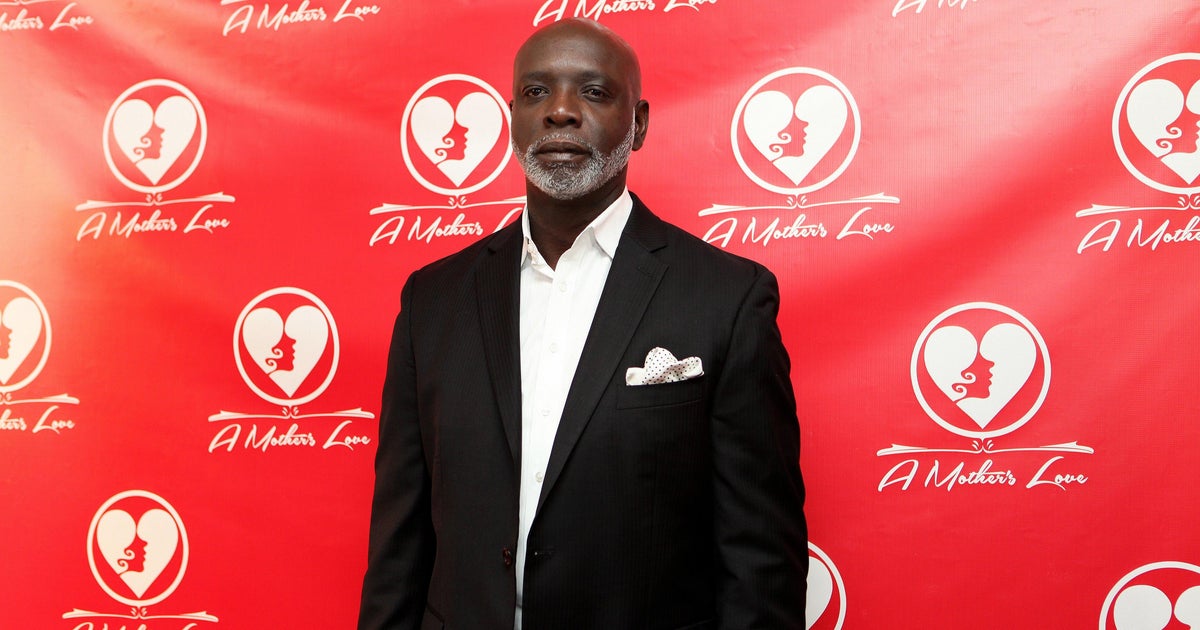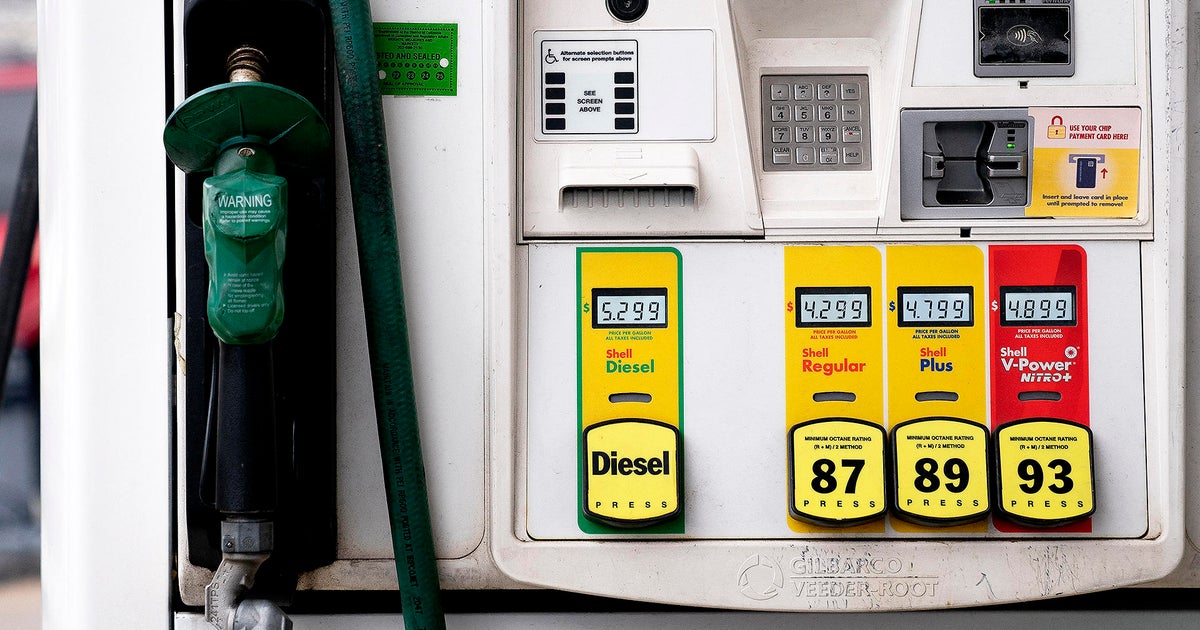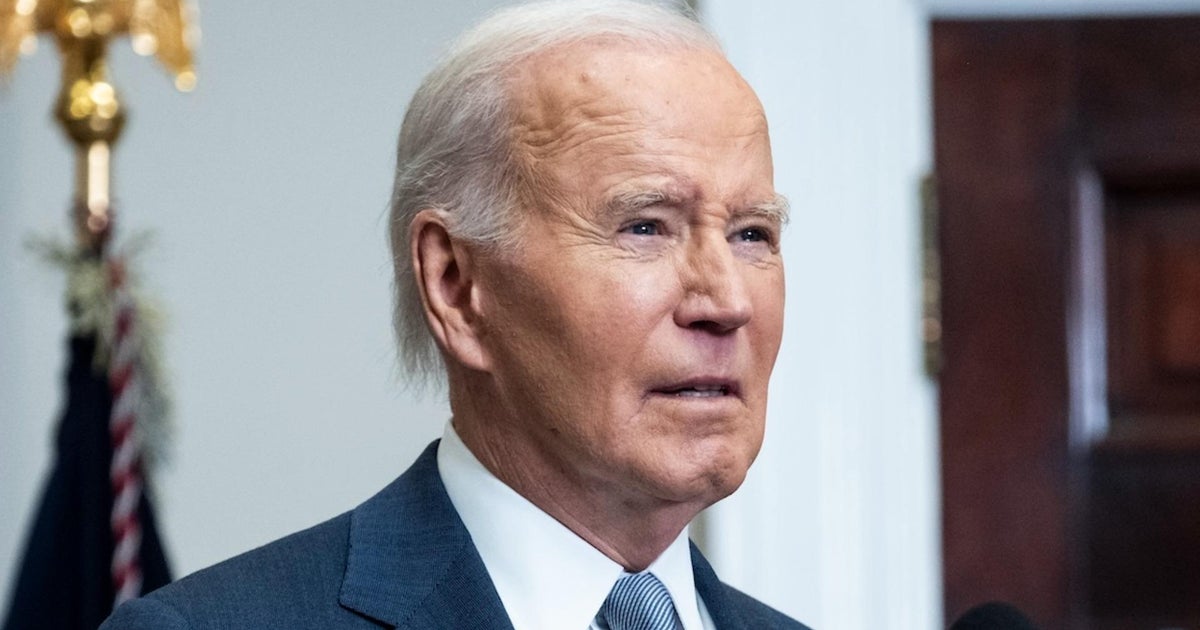Court Rules "Pre-Reveal" Games In Bars Are Illegal Slots
Follow CBSMIAMI.COM: Facebook | Twitter
TALLAHASSEE (CBSMiami/NSF) - Siding with state regulators, an appeals court Thursday ruled that controversial electronic games played in bars and other establishments are illegal slot machines.
A three-judge panel of the 1st District Court of Appeal upheld a circuit judge's decision that what are known as "pre-reveal" games violate laws preventing slot machines in most of Florida. The panel's 10-page ruling found, in part, that the games meet the definition of slot machines because they include an element of chance.
The ruling backed the Florida Department of Business and Professional Regulation's Division of Alcoholic Beverages and Tobacco, which prompted the long-running dispute by ordering two businesses to remove the machines. That move drew legal challenges from Blue Sky Games, which developed the games, and Jacksonville-based Gator Coin, which leased the games to businesses.
Supporters of the games, which also are known as Version 67, have contended that the machines are legal because they include a "preview" feature that advises players of the outcome of the games.
But regulators and other critics have argued the preview feature doesn't matter because the "random number generator" used to create the games equates to the definition of slot machines, which are games of "chance," under state law.
Also, a key issue has been whether the slot-machine law applies to playing a single game or a series of games. While the outcome of the first "pre-reveal" game is known in advance, a player at the outset does not know the results of subsequent games.
The ruling Thursday, quoting a section of state law, said the determination of whether the games are illegal slot machines "turns on whether the user may receive something of value 'by reason of any element of chance or any other outcome unpredictable by the user.' The element of chance or unpredictability must be inherent in the machine itself."
"We hold that the trial court was correct in determining that Version 67 is a slot machine because the element of chance is inherent in it given that it has a preset win/loss ratio … and that the game outcomes are determined by the machine by chance, via an RNG (random number generator), and there is nothing the user can do to affect the outcomes," said the ruling, written by appeals-court Judge Joseph Lewis and joined by judges James Wolf and Stephanie Ray. "Furthermore, Version 67 is a slot machine for the additional and independent reason that also inherent in it is an outcome unpredictable by the user. While it is true that the user is advised of the outcome of the game at hand ahead of time through the preview feature, the user cannot predict that outcome until it is randomly generated and then displayed by the machine. Nor can the user predict the outcome of Game 2 while playing Game 1."
The games have drawn attention in the gambling industry and in the Legislature, which this year debated a proposal to outlaw the machines. The legislative proposal did not pass.
The appeals court upheld a decision last year by Leon County Circuit Judge John Cooper, who originally sided with Blue Sky Games and Gator Coin but then reversed himself. The reversal came after the Seminole Tribe of Florida, which became involved in the case, asked Cooper to reconsider his initial decision. The tribe operates casinos that include slot machines.
The ruling Thursday described Version 67 as "profitable game that depicts traditional slot machine symbols, such as reels; it takes $1 to $20 bills; and the amount of return to the player varies by the amount of money played. Version 67 has a mandatory preview feature that displays the outcome of the game selected before the insertion of any money and before the play button appears."
"When the first game is played, the outcome of the next game is automatically generated by the RNG and is stored in memory, and that outcome is displayed when the player presses preview for the next game," the ruling said. "There is nothing a player can do to change the outcome that is randomly generated by the machine from among millions of potential outcomes."
The News Service of Florida's Jim Saunders and Dara Kam contributed to this report.



